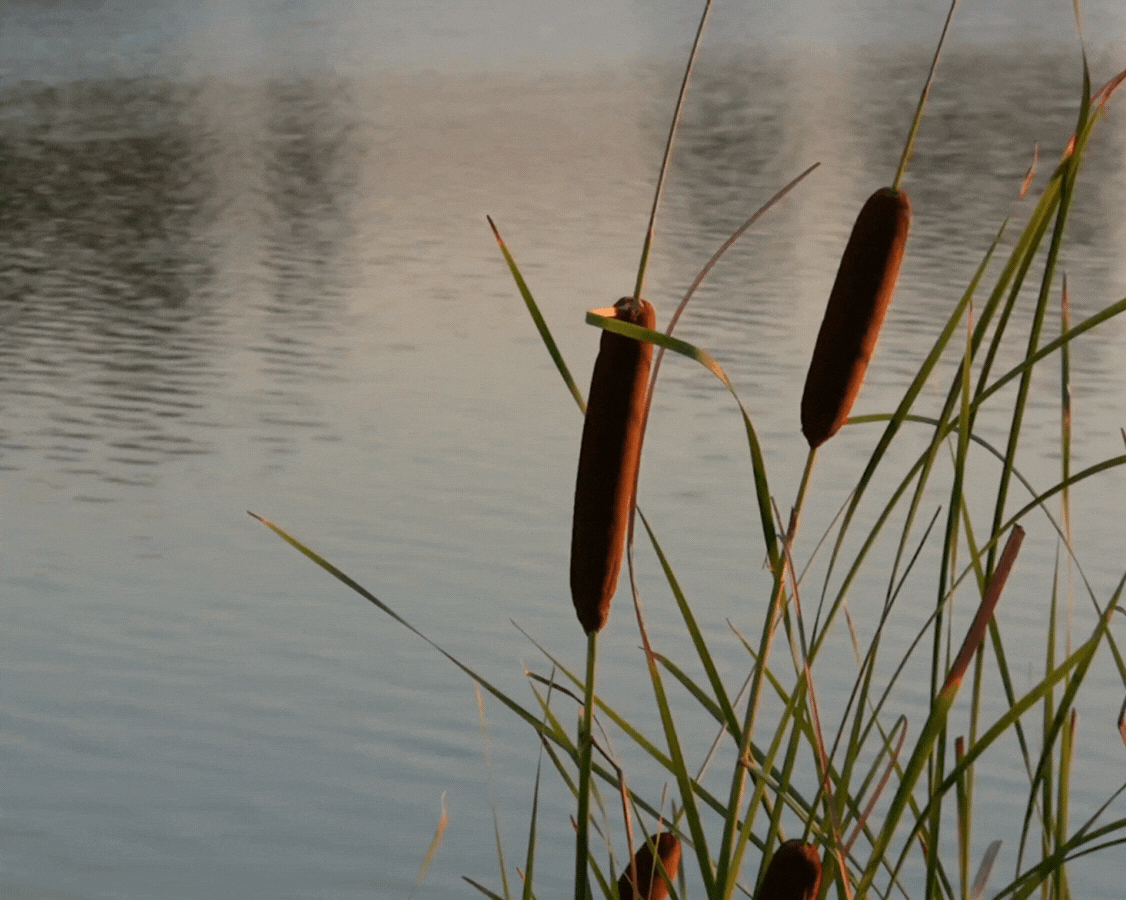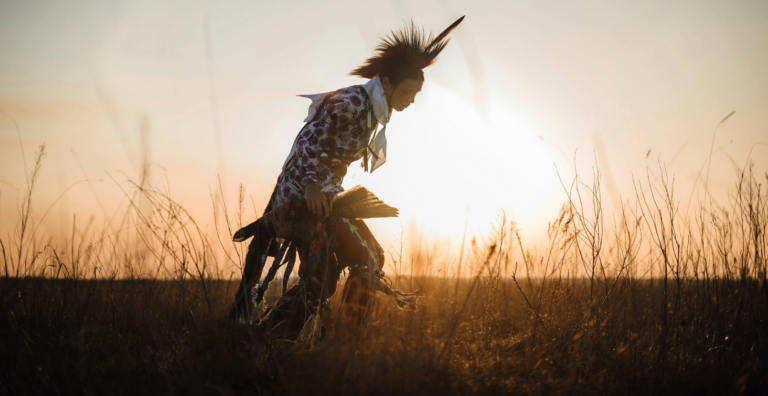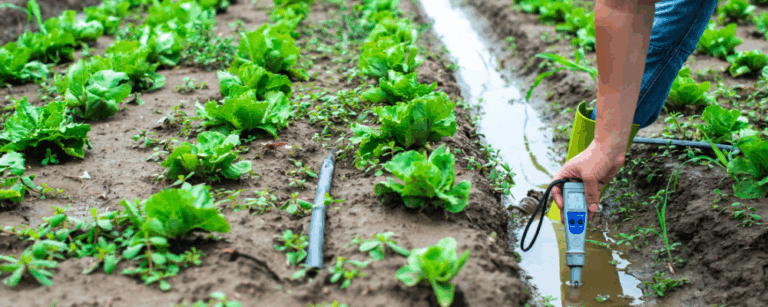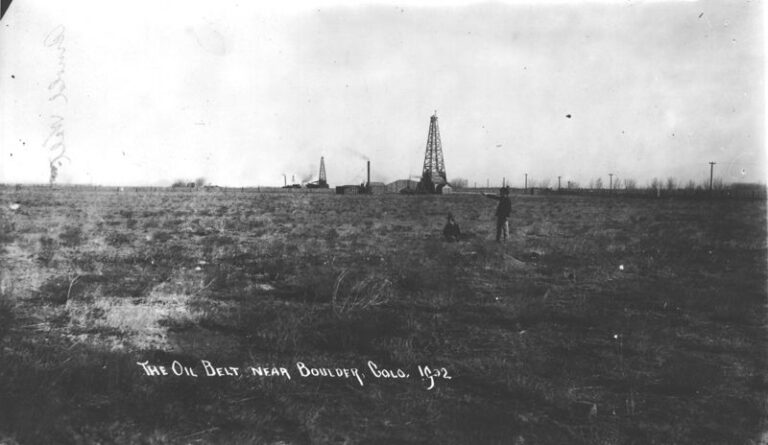
Creating a Historic Loss Assessment, Part 3: Illegal settlements and loss of agricultural revenue
By calculating land dispossession, this report seeks to not only identify what has been taken from Native peoples but also how this theft became the original source of capital that built Colorado and the West.












